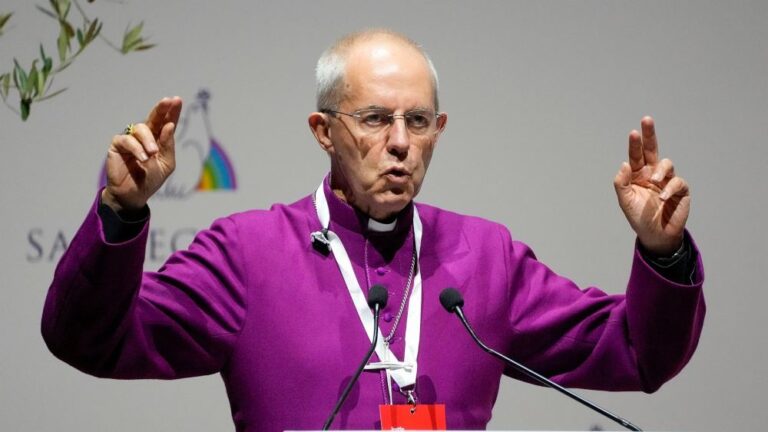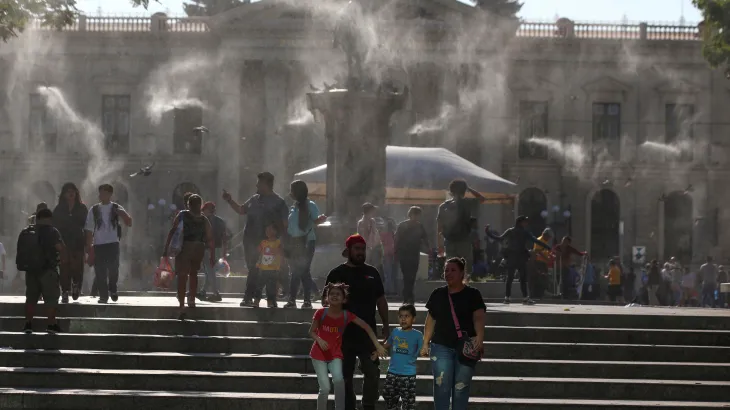South Korea in Political Turmoil After President Yoon Suk Yeol’s Martial Law Declaration Sparks Backlash
South Korea’s President Yoon Suk Yeol has found himself at the center of a political crisis following his sudden and controversial declaration of martial law. The move, which invoked heavy military presence on the streets of Seoul, has sparked widespread outrage across the country, with protests erupting, lawmakers scrambling to block the decree, and calls for the president’s resignation growing louder by the hour.
The controversy began late Tuesday, when President Yoon addressed the nation, accusing opposition parties of colluding with North Korea and plotting “anti-state” activities. He argued that martial law was necessary to defend South Korea from these threats and to safeguard its constitutional order. However, he provided no concrete evidence to support these claims, fueling suspicion that the declaration was politically motivated.
Despite South Korea’s Constitution allowing the president to call for martial law during times of national emergency, the sudden and sweeping nature of the decree raised alarm. Under martial law, civil rights such as the freedom of assembly and press are suspended, and military law can be imposed on civilians. Critics, however, argue that Yoon’s move was an overreach, pointing out that the country was not facing a direct war or rebellion.
In the hours that followed, the situation quickly escalated. Thousands of armed forces surrounded the National Assembly, backed by helicopters and armored vehicles, preventing lawmakers from entering the building. Tensions flared as some lawmakers, including former news anchor Ahn Gwi-ryeong, were seen confronting soldiers, with one incident involving Ahn attempting to pull a rifle away from a soldier. Despite these obstacles, opposition lawmakers, along with members of Yoon’s own conservative People Power Party, rejected the martial law decree in a vote, 190-0.
Faced with overwhelming opposition, Yoon was forced to rescind the declaration at a hastily convened Cabinet meeting, but the damage had already been done. The opposition quickly filed a motion for impeachment, accusing the president of overstepping his constitutional powers. The motion, which needs the support of two-thirds of the National Assembly, could be put to a vote as early as Friday.
The impeachment motion has gained significant traction, with six opposition parties backing it and widespread public protests calling for Yoon’s resignation. South Korea’s largest union group has declared a strike until the president steps down, and many of Yoon’s key allies, including his defense minister and chief of staff, have submitted their resignations in the wake of the scandal.
The unrest has overshadowed the president’s political struggles over the past two years, as he has faced increasing difficulty passing his legislative agenda through a parliament dominated by the opposition Democratic Party. His approval ratings have plummeted, and the move to declare martial law is seen by many as a desperate attempt to regain control.
Opposition leader Lee Jae-myung, who narrowly lost to Yoon in the 2022 presidential election, called the martial law decree “unconstitutional” and has vowed to continue protests outside parliament until it is officially lifted. Even within Yoon’s own party, there has been significant criticism, with some members accusing him of undermining democracy and the rule of law.
Despite the president’s claim that martial law was necessary to counter North Korean threats, analysts believe the move may have been more about consolidating power and staving off political challenges, including investigations into scandals involving Yoon’s wife and other officials. Security and defense expert Professor Michael Clarke suggested that Yoon may have hoped the martial law declaration would shift public attention away from these issues.








